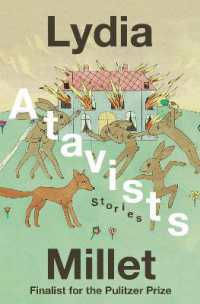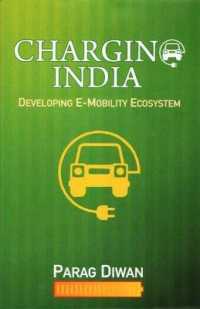基本説明
New in paperback. Hardcover was published in 2006. Drawing on ethnographic research inside and outside the classroom, Janet Maybin investigates how 10-12-year-old children use talk and literacy to construct knowledge about their social worlds and about themselves, as they negotiate the transition from childhood into adolescence. Through the analysis of examples of talk, she shows how children use collaborative verbal strategies, stories of personal experience and the reworked voices of others to investigate the moral order and forge their own identities.
Full Description
Janet Maybin investigates how 10-12 year-olds use talk and literacy to construct knowledge about their social worlds and themselves. She shows how children use collaborative verbal strategies, stories of personal experience and the reworked voices of others to investigate the moral order and forge their own identities.







